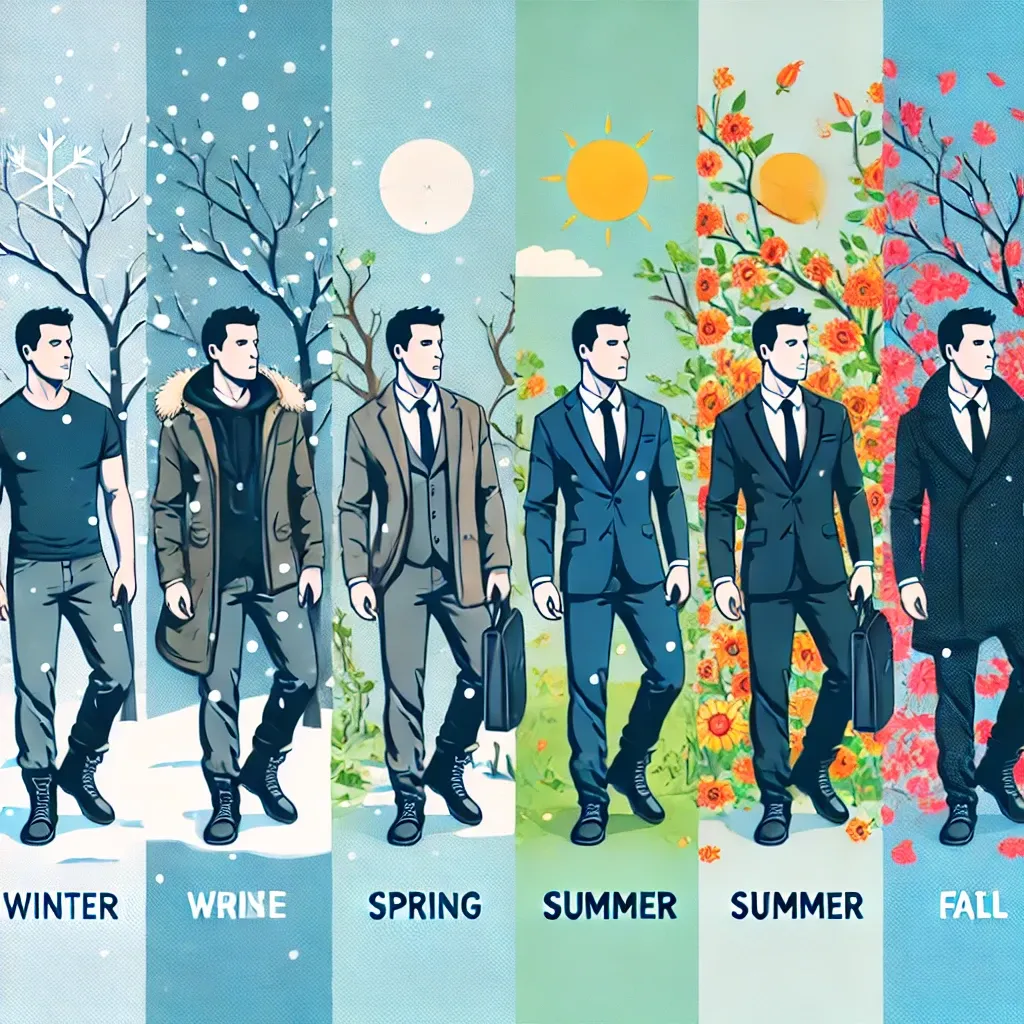What is the meaning of the phrase ‘A man for all seasons’?
Someone with a wide range of skills and abilities, who is able to adapt to, and even thrive in different situations.
What is the origin of the phrase ‘A man for all seasons’?
Although he wasn’t the first person to use the phrase ‘A man for all seasons’, the popularity of the phrase all comes down to Sir Thomas More…
Sir Thomas More was based in the UK and was a lawyer, a judge, and social philosopher. He was known for his intelligence, impartiality and wisdom He lived from 1478 to 1535, during which time he rose through the ranks of parliament. He garnered favour with the then King Henry VIII and became a Lord Chancellor at the age of 51.
Then, when Sir Thomas More failed to arrange a divorce for Henry VIII following his first marriage with Katherine of Aragon, More fell from favour. Much more drama unfolds. So much so that multiple authors gathered together to write a play about More’s life, including the highly acclaimed Mr Shakespeare himself.
The original play was named after Sir Thomas More and premiered circa 1591 to 1593. Then, much later in the 20th century, a man by the name of Robert Bolt wrote a new version of the play, called ‘A man for all seasons’ where More is presented as a man of conscience.
The play’s namesake is a phrase borrowed from Robert Whittington, one of More’s contemporaries who, back in 1520, wrote of More:
“More is a man of an angel’s wit and singular learning. I know not his fellow. For where is the man of that gentleness, lowliness and affability? And, as time requireth, a man of marvellous mirth and pastimes, and sometime of as sad gravity. A man for all seasons.”
Here, it can be said that Whittington is saying that Sir Thomas More is as changeable as the weather, and has every nature to him that nature can provide.
The phrase ‘A man for all seasons’ is often heard to this day. Usually to refer to someone’s versatility, and how they can change like the seasons.
It can also be used as a negative, for example, to say that someone can be two-faced, showing different attitudes and behaviours with different people.

